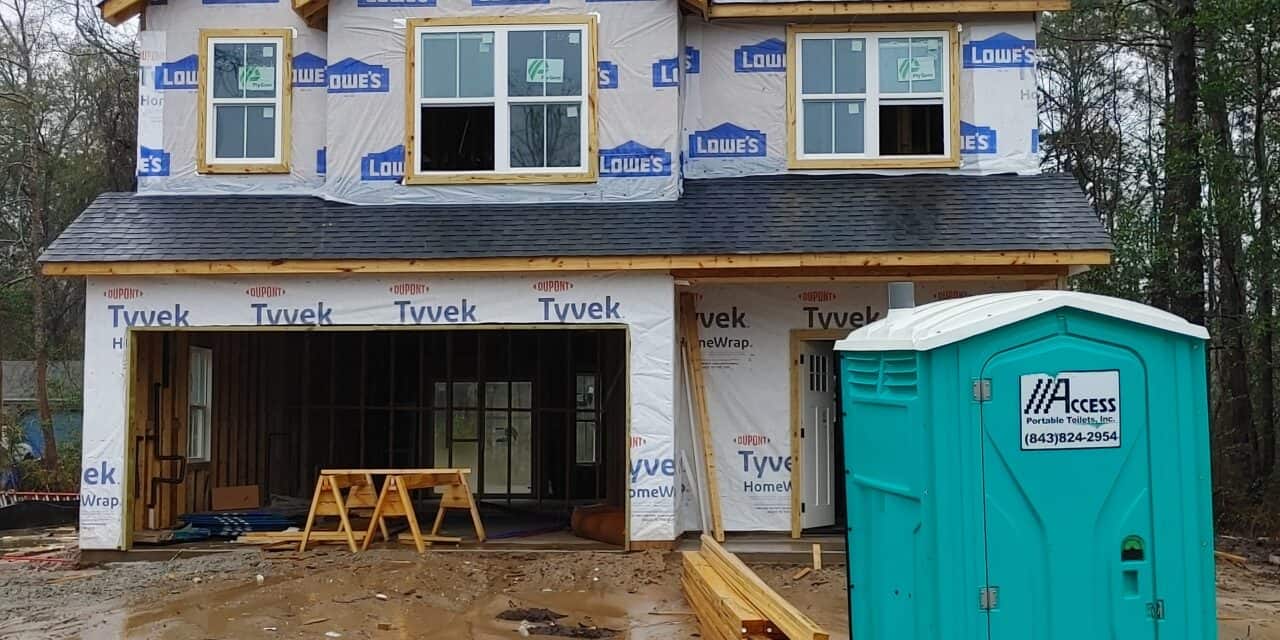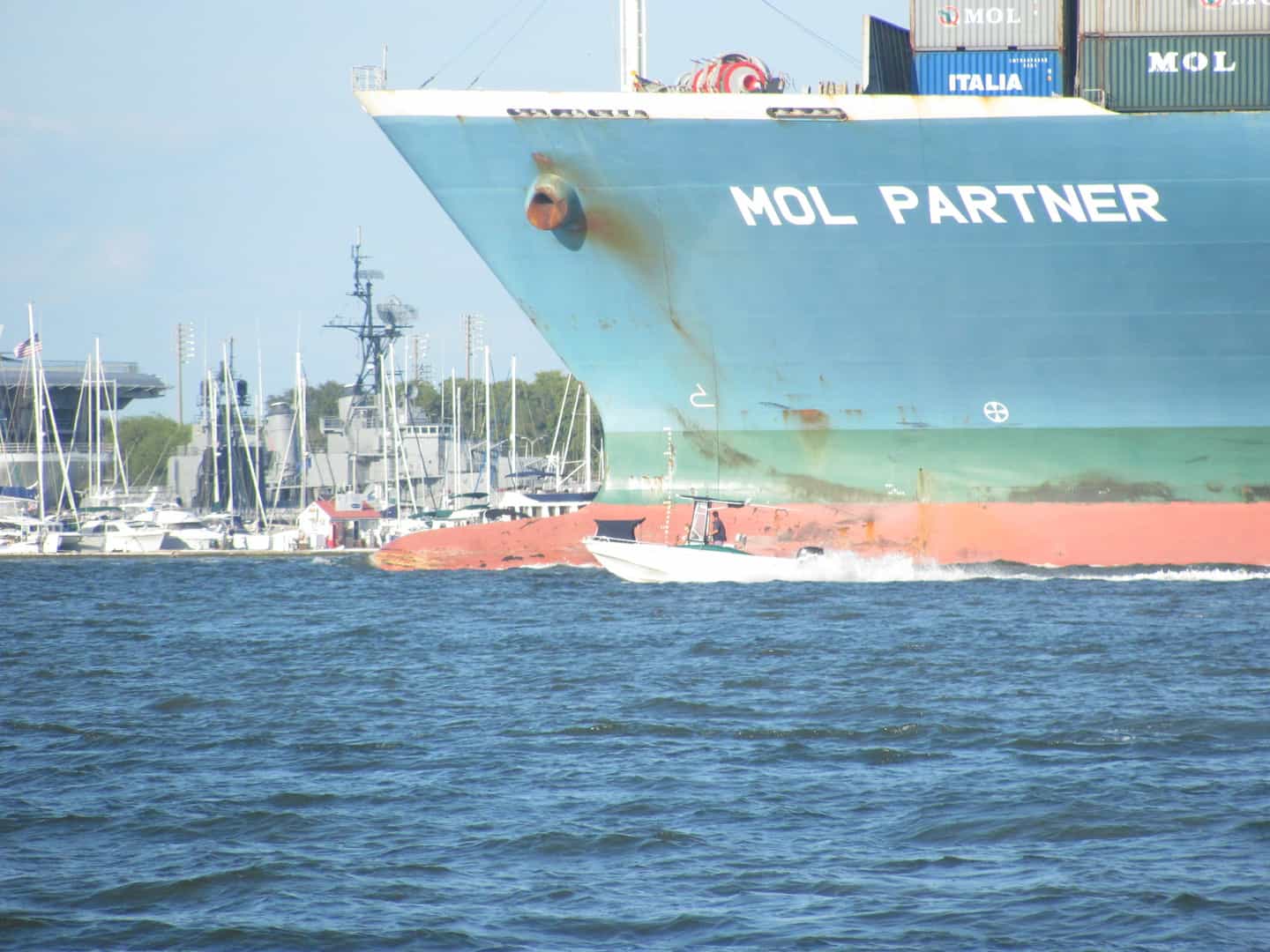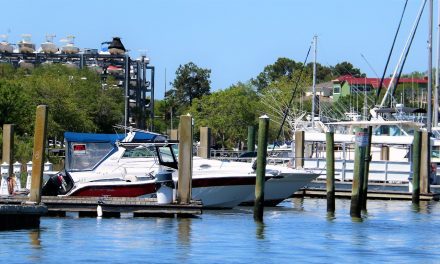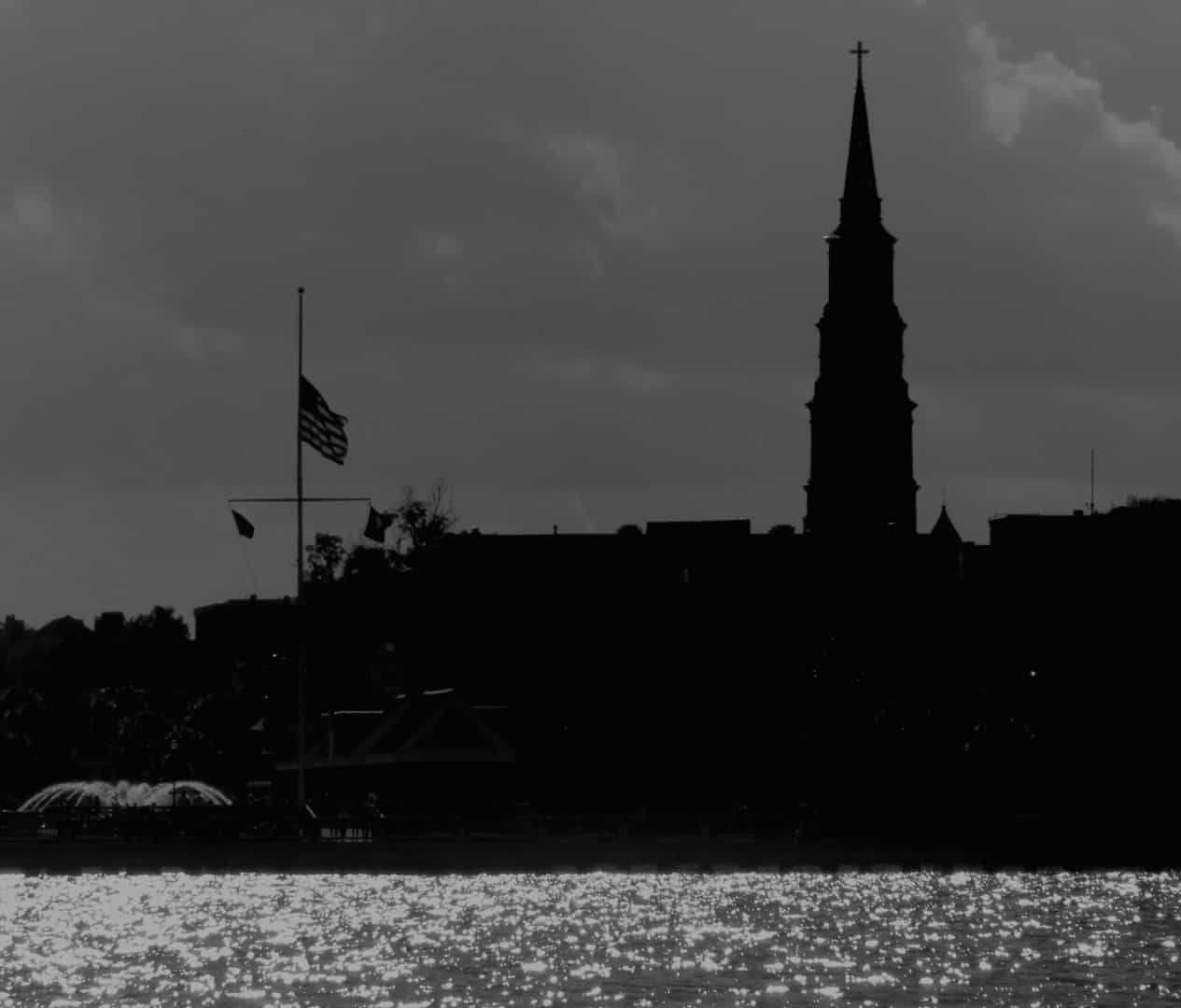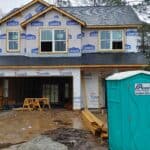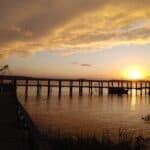Construction defect litigation is a complex legal arena that often arises when there are issues with the design, construction, or materials used in building projects. In South Carolina, construction defect disputes can lead to lengthy legal battles with significant financial implications for all parties involved. Understanding the intricacies of construction defect litigation in South Carolina is crucial for homeowners. In this blog, we’ll delve into the key aspects of construction defect litigation in the Palmetto State.
Construction defects can manifest in various forms, including structural issues, water intrusion, foundation issues, defective materials, faulty electrical, HVAC issues, improperly installed windows, and more. These defects can compromise the safety, functionality, and value of a property, leading to disputes between property owners, contractors, and subcontractors.
In South Carolina, the Residential Builders Commission licenses qualified individuals, such as contractors, that perform residential building. Additionally, the South Carolina Notice and Opportunity to Cure Construction Dwelling Defects Act, or Right to Cure Act, provides certain protections for contractors and requires homeowners facing construction defects to provide contractors with notice of the defects before conducting repairs or filing a lawsuit. Homeowners beware, a failure to comply with the requirements of the Right to Cure Act may result in a loss of your claims, forever.
It’s important to understand the statute of repose and the statute of limitations concerning construction defect claims in South Carolina. The statute of repose generally limits the time within which a lawsuit can be filed after substantial completion of construction, while the statute of limitations sets the deadline for initiating legal action. South Carolina follows the discovery rule, meaning that the statute of limitations may begin to run when the homeowner knew, or should have known, they might have had a claim.
Construction defect litigation in South Carolina often involves complex legal issues such as breach of contract, negligence, breach of warranty, and fraud. Proving liability, causation, and damages requires a thorough investigation, intense discovery, expert testimony, and the parties are required to attempt mediation before proceeding to trial.
Construction defect litigation in South Carolina presents significant challenges. Navigating the legal landscape requires careful attention to detail and a comprehensive understanding of state laws and regulations. Given the complexities of construction defect litigation, seeking legal representation from experienced attorneys familiar with South Carolina construction law is essential. The attorneys at Cooper & Bilbrey, P.C. are experienced and knowledgeable in the realm of construction defect litigation and can help you assess the merits of your case, negotiate settlements, or, if necessary, take the appropriate legal action to protect your interests. If you or someone you know has concerns about construction defects, don’t wait, give the attorneys at Cooper & Bilbrey, P.C. a call today!
Important Notice: The information in this article is not, nor is it intended to be, legal advice, which requires an in-depth knowledge of the facts of your particular circumstances. The law is ever-changing, and this article is not often updated and may be out-of-date or incorrect when applied to the circumstances of your issue. You should consult an attorney for advice regarding your individual situation. We invite you to contact us and welcome your calls and emails if you would like to discuss your matter with us.

